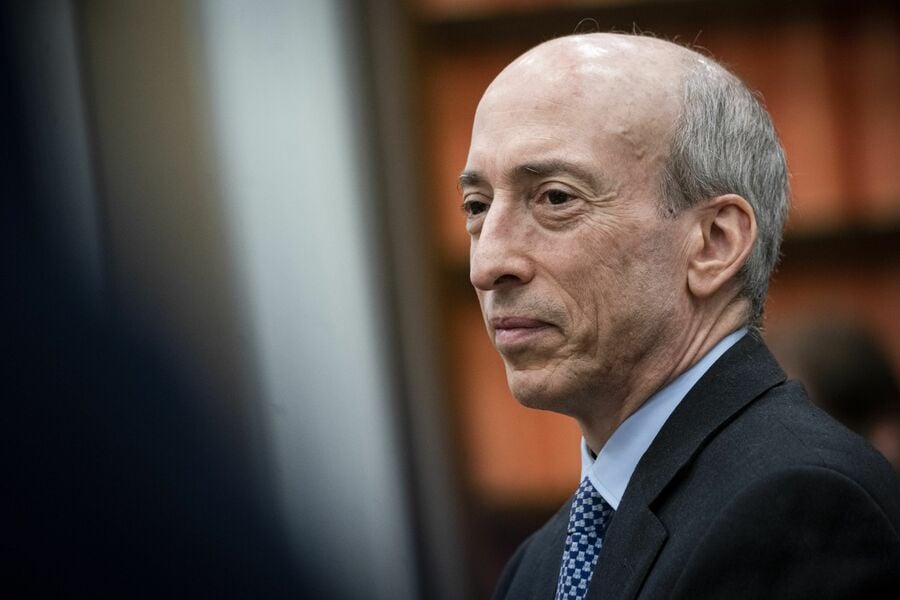

Gary Gensler is stepping up warnings to asset managers about their use of predictive data analytics and how they work with digital asset firms.
The head of the Securities and Exchange Commission said Thursday that predictive data technologies may create “inherent conflicts” of interest related to the duty that investment advisers have to their clients. Gensler said that he’d asked the agency’s staff to recommend how to address the issues.
“When an adviser provides advice, in part through the use of predictive data analytics, do those algorithms optimize for the investor’s interests, and place the investor’s interests in front of the adviser’s own interests?” he said in remarks prepared for an SEC event.
Predictive data analytics can include a range of information drawn from consumers’ or investors’ personal information, devices, habits, and other sources. Financial services companies can use the data to recommend new products, transactions and other services to individuals.
Gensler also repeated his concerns over digital asset firms holding assets for investment firms.
Under his watch, the agency recently proposed expanding its “qualified custodian” requirements to cover all assets, including virtual currencies. If finalized, the plan could add hurdles to crypto platforms holding digital assets owned by clients of hedge funds and private equity firms.
“Based upon how crypto trading and lending platforms generally operate, investment advisers cannot rely on them today as qualified custodians,” Gensler said Thursday.

Integrated Partners is adding a mother-son tandem to its network in Missouri as Kestra onboards a father-son advisor duo from UBS.

Futures indicate stocks will build on Tuesday's rally.

Cost of living still tops concerns about negative impacts on personal finances

Financial advisors remain vital allies even as DIY investing grows

A trade deal would mean significant cut in tariffs but 'it wont be zero'.
RIAs face rising regulatory pressure in 2025. Forward-looking firms are responding with embedded technology, not more paperwork.
As inheritances are set to reshape client portfolios and next-gen heirs demand digital-first experiences, firms are retooling their wealth tech stacks and succession models in real time.
